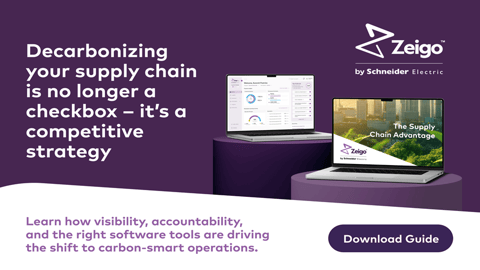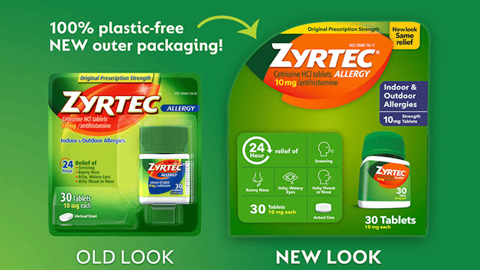Kraft Heinz Piloting Paper-Based Ketchup Bottle
Kraft Heinz’s transformation journey is even extending to its iconic ketchup bottle.
The CPG is testing a paper-based bottle that’s made from sustainably sourced wood pulp and intends to bring it to retail shelves. The recyclable bottle will enter prototype testing for performance before moving on to consumer testing.
While Kraft Heinz has already taken steps to make its ketchup bottles more environmentally friendly, including developing a plastic bottle with 30% recycled content in Europe, the pilot marks another step toward achieving its corporate sustainability goals.
[See also: How Chobani, Campbell's, and Tupperware Are Embracing Sustainability]
Like many consumer goods companies, these goals include reducing its environmental footprint by developing more sustainable packaging, which Rashida La Lande, executive VP, global general counsel, and chief sustainability and corporate affairs officer at Kraft Heinz, said more consumers are looking for.
While debate remains regarding how much more consumers are willing to pay for sustainably developed products — particular during periods of inflation — CPG products that were marketed as sustainable grew seven times faster than products not marketed as sustainable during a four-year period, according to IRI and the NYU Stern Center for Sustainable Business. The number of these products also continue to grow despite the pandemic, and food categories were found to have the greatest leverage when it comes to price sensitivity.
Learn More on CPG Innovation
What’s more, products marketed as sustainable outperformed conventionally marketed products in e-commerce, and they performed better online vs. in stores, according to the firms. More than half (53%) of consumers also prefer to shop for groceries online because it’s easier to tell if the product comes in sustainable packaging, as per a study released by Wunderman Thompson Intelligence and Footprint, a solution provider that uses plant-based fiber technology to develop biodegradable, compostable, and recyclable alternatives to plastic.
Kraft Heinz’s sustainability goals include making all packaging globally recyclable, reusable, or compostable by 2025. The No. 21 publicly owned consumer goods company also aims to achieve net zero greenhouse gas emissions by 2050. Its partner for the pilot is Pulpex, an R&D collaboration between alcohol beverage company Diageo and venture management firm Pilot Lite.
[See also: PepsiCo and Keurig Dr Pepper Tackle Water Waste]
Pulpex’s collaborative consortium also includes such consumer goods companies as PepsiCo and GSK Consumer Healthcare. The group has worked with Diageo to develop a paper-based Johnnie Walker bottle and Unilever for a laundry bottle, and it reports the carbon footprint of its bottles is materially less than glass and plastic on a bottle-by-bottle basis.
The bottles, which can be made in a variety of shapes and sizes, are developed using pulp from 100% renewable feedstocks and responsibly managed forests, according to the company’s website, and are also PET-free.
The Estée Lauder Companies also joined the partner consortium last fall as its first prestige beauty partner, with the goal of scaling the paper bottling technology across its brand portfolio. Pulpex expects the bottles to become widely recyclable in paper waste streams once adopted by consumers, and CEO Scott Winston noted the benefits of having household names like Heinz adopting the technology.






